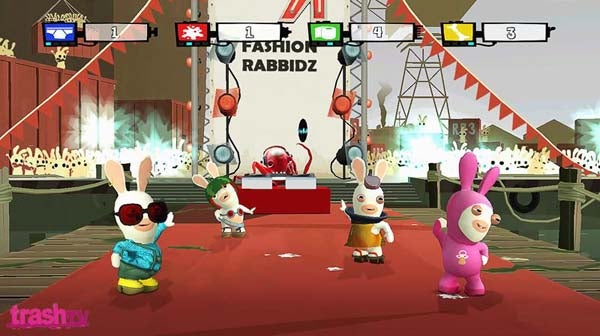

Lord convinced Simper to join for good, but left Carlo Little behind in favour of drummer Bobby Woodman. The two carried on, recruiting additional members and keeping Tony Edwards as their manager. But HEC was now intrigued with the possibilities Lord and Blackmore brought, while Lord and Blackmore were also keen to continue. Curtis' erratic behaviour and lifestyle, fuelled by LSD use, caused a sudden disinterest in the project he had started, forcing HEC to dismiss him from Roundabout. Blackmore was making a name for himself as a studio session guitarist, and had also been a member of the Outlaws, Screaming Lord Sutch, and Neil Christian. HEC persuaded Blackmore to return from Hamburg to audition for the new group. Simper had known Blackmore since the early 1960s when his first band, the Renegades, debuted around the same time as one of Blackmore's early bands, the Dominators. Lord put the two on alert that he'd been recruited for the Roundabout project, after which Simper and Little suggested guitarist Ritchie Blackmore, whom Lord had never met. Simper had previously been in Johnny Kidd and the Pirates and survived the 1966 car crash that killed Kidd. Lord was then performing in a backing band for the vocal group The Flower Pot Men (formerly known as the Ivy League), along with bassist Nick Simper and drummer Carlo Little. The first recruit to the band was the classically trained Hammond organ player Jon Lord, Curtis' flatmate who had most notably played with the Artwoods (led by Art Wood, brother of future Rolling Stones guitarist Ronnie Wood, and including Keef Hartley). Impressed with the plan, Edwards agreed to finance the venture with his two business partners John Coletta and Ron Hire, who comprised Hire-Edwards-Coletta Enterprises (HEC). Curtis' vision was a "supergroup" where the band members would get on and off, like a musical roundabout. In 1967, former Searchers drummer Chris Curtis contacted London businessman Tony Edwards, in the hope that he would manage a new group he was putting together, to be called Roundabout. 7 Revival with Steve Morse and longer tours (1994–present).6 Reformation, reunions and turmoil (1984–1994).5 Band split and solo projects (1976–1984).4 New line-up, successes and struggles (1973–1976).


Deep Purple (specifically Blackmore, Lord, Paice, Gillan, Glover, Evans, Coverdale and Hughes) were inducted into the Rock and Roll Hall of Fame in 2016. The band received the Legend Award at the 2008 World Music Awards. The band's line-up (currently including Ian Gillan, and guitarist Steve Morse from 1994) has been much more stable in recent years, although keyboardist Jon Lord's retirement from the band in 2002 (being succeeded by Don Airey) left Ian Paice as the only original Deep Purple member still in the band.ĭeep Purple were ranked number 22 on VH1's Greatest Artists of Hard Rock programme and a poll on British radio station Planet Rock ranked them 5th among the "most influential bands ever". The band achieved more modest success in the intervening periods between 19 with the line-up including Rod Evans (lead vocals) and Nick Simper (bass, backing vocals), between 19 (Tommy Bolin replacing Blackmore in 1975) with the line-up including David Coverdale (lead vocals) and Glenn Hughes (bass, vocals), and between 19 with the line-up including Joe Lynn Turner (vocals). This line-up was active from 1969 to 1973, and was revived from 1984 to 1989, and again from 1992 to 1993. Their second and most commercially successful line-up consisted of Ian Gillan (vocals), Jon Lord (keyboards, backing vocals), Roger Glover (bass), Ian Paice (drums), and Ritchie Blackmore (guitar). The 1968–1976 line-ups are commonly labelled Mark I, II, III and IV. ĭeep Purple have had several line-up changes and an eight-year hiatus (1976–1984). They were listed in the 1975 Guinness Book of World Records as "the globe's loudest band" for a 1972 concert at London's Rainbow Theatre, and have sold over 100 million albums worldwide. Deep Purple, together with Led Zeppelin and Black Sabbath, have been referred to as the "unholy trinity of British hard rock and heavy metal in the early to mid-seventies". Originally formed as a progressive rock band, the band shifted to a heavier sound in 1970. The band is considered to be among the pioneers of heavy metal and modern hard rock, although their musical approach changed over the years. Deep Purple is an English rock band formed in Hertford in 1968.


 0 kommentar(er)
0 kommentar(er)
